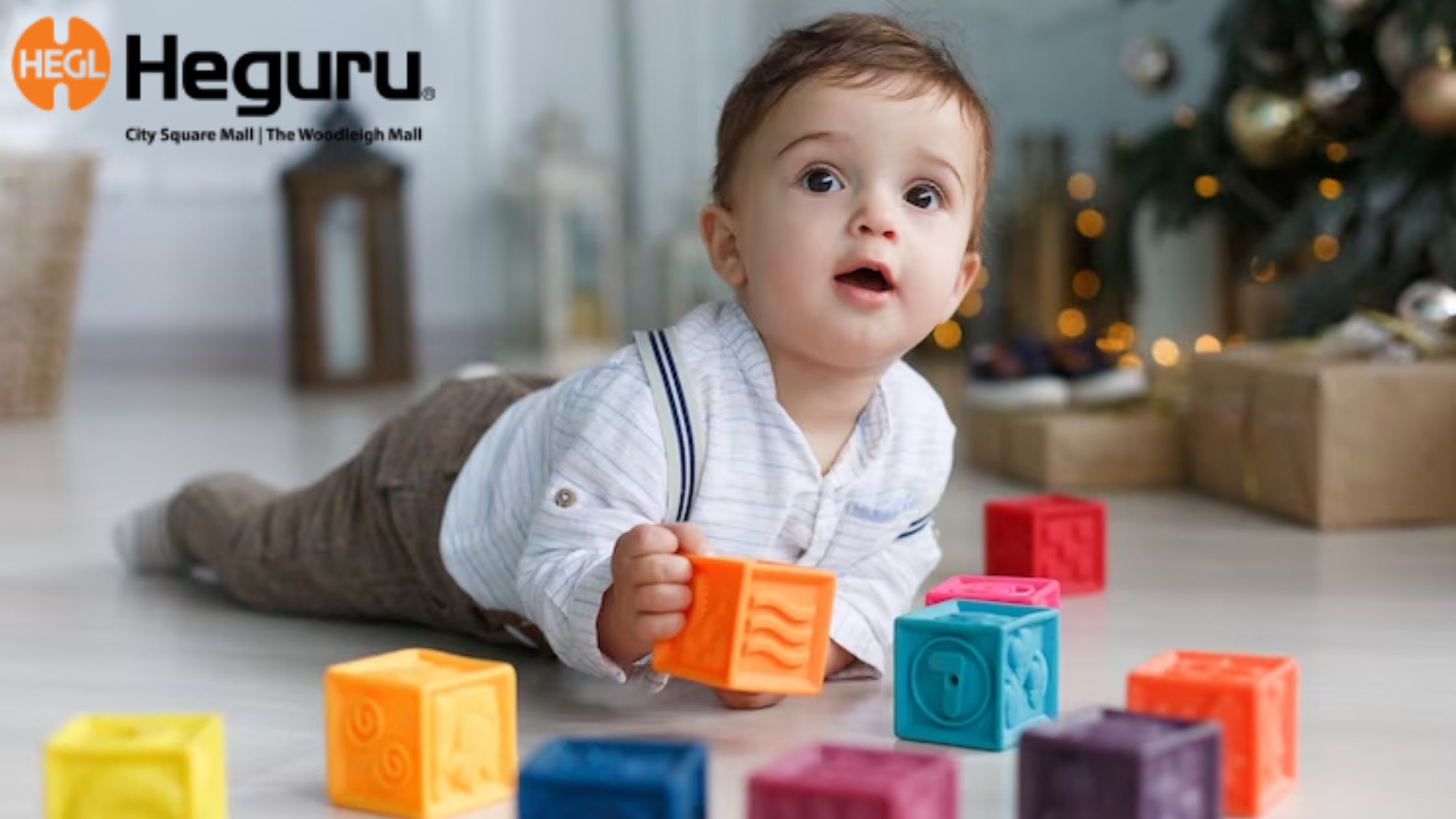Early learning plays a pivotal role in the developmental journey of every child. Recognizing this, many parents seek out opportunities to enrich their baby’s growth through educational and enjoyable activities. Baby classes stand out as a cornerstone in this quest, offering diverse experiences that are instrumental for cognitive, emotional, and physical development. These classes are not merely about play; they serve as a fundamental part of a child’s early education, providing a nurturing environment where lifelong learning and joy begin to take root.
Understanding Early Childhood Development
The early years are like none other in a child’s life. This is when the brain develops at a phenomenal pace, laying down the groundwork for future learning, behaviour, and health. Early experiences, particularly those involving play and interaction, directly influence this development.
- Cognitive Development: From birth, a baby’s brain is like a sponge, absorbing everything around them. This is the period for the development of reasoning, learning, and problem-solving skills in your baby.
- Emotional and Social Development: Early interactions shape a child’s ability to express and manage emotions and develop relationships.
- Physical Development: This involves the growth of the body and brain, including motor skills both large (rolling and crawling) and fine (grasping and manipulating objects).
Comprehensive Overview of Baby Classes
Music and Rhythmic Activities
Music is a universal language that stimulates various parts of the brain. Engaging in music and rhythm-based activities can enhance a baby’s cognitive and motor skills.
- Cognitive Growth: Exposure to music can boost memory, attention, and even mathematical abilities.
- Motor Development: Clapping, dancing, and playing instruments help develop fine and gross motor skills.
Artistic Expression and Sensory Exploration
Art isn’t just about creating; it’s a sensory journey. Through textures, colours, and shapes, babies explore and understand their world.
- Sensory Skills: Playing with different materials helps develop touch, sight, and hand-eye coordination.
- Creative Development: Artistic activities foster creativity and imagination.
Language Acquisition and Bilingual Classes
Early exposure to language, be it through songs, stories, or bilingual classes, is invaluable. It sets the stage for effective communication skills and can even give a head start in learning multiple languages.
- Language Skills: Engaging with different sounds and words boosts vocabulary and language understanding.
- Communication Abilities: Interaction in a class setting helps develop listening and speaking skills.
Physical Development: Baby Gymnastics and Yoga
Physical classes like baby gymnastics and yoga are not just fun; they are essential for physical growth and coordination.
- Motor Skills: Activities in these classes enhance balance, coordination, and overall physical strength.
- Body Awareness: Such exercises teach babies about their bodies and how to control their movements.
Nature Connection and Environmental Awareness
Nature offers more than fresh air; they are a sensory-rich environment for learning and exploration.
- Sensory Development: The outdoors is a perfect setting for babies to explore different textures, sounds, and sights.
- Love for Nature: Early exposure to nature can instil a lifelong appreciation for the environment.
Selecting Appropriate Classes for Your Child
Choosing the right baby classes can feel overwhelming, but it’s all about understanding their individual needs and interests. Here are some tips:
- Consider Your Baby’s Interests: Does your baby light up with music or seem fascinated by colours and shapes? Choose classes that align with these interests.
- Age-Appropriate Options: Ensure the class is suitable for your baby’s age and developmental stage.
- Observe Your Baby’s Response: Attend a trial class if possible and watch how your baby reacts. Are they engaged and happy?
- Safety First: Make sure the class environment is safe, clean, and well-supervised.
Nurturing Learning at Home
Continuing your baby’s learning journey at home is a wonderful way to reinforce what they experience in classes. It’s simple, and you don’t need elaborate tools or programs. Here’s how to make learning a part of your daily routine:
- Create a Stimulating Environment: Fill your home with books, toys, and art supplies that encourage exploration and creativity.
- Interactive Play: Spend time playing with your baby, using toys and activities that reflect what they learn in class.
- Routine Matters: Establish a daily routine that includes time for reading, singing, and physical play.
The Social and Emotional Benefits of Group Classes
Group classes aren’t just about learning new skills; they’re also about building relationships. Here’s why they’re important:
- Developing Social Skills: In a class setting, babies learn to interact with peers, share, and take turns.
- Emotional Growth: Being around other babies helps your child understand and express emotions in a social context.
Health, Safety, and Nutrition in Baby Classes
Health and safety are the most important factors in baby classes. Additionally, a healthy diet is essential for your baby’s learning and growth.
- Safety Standards: Ensure the class you choose adheres to strict safety guidelines and has a clean, secure environment.
- Nutrition in Classes: Some classes provide snacks or meals. Check that these are nutritious and suitable for your baby’s age.
Digital Learning and Technology Integration
The digital age has transformed early learning. Here’s how technology can be a part of your baby’s education:
- Educational Apps: Use age-appropriate apps to reinforce learning themes from classes.
- Balance is Key: While technology can be beneficial, it’s essential to balance screen time with hands-on, real-world experiences.
Evaluating Progress and Milestones
Tracking your baby’s development is crucial. It helps you understand their growth and identify any areas where they might need extra support.
- Milestone Checklists: Familiarize yourself with developmental milestones and observe your baby’s progress.
- Talk to Instructors: Regularly discuss your child’s development with their class instructors for professional insights.
Special Needs Considerations
If your baby has special needs, finding the right class requires a bit more consideration. Here are some tips:
- Inclusive Classes: Look for classes that are specifically designed to be inclusive or have experience with special needs.
- Individual Attention: Ensure the instructors are trained to give your child the attention and support they need.
Conclusion
Your baby’s early years are a time of incredible growth and learning. You can make sure your baby gets the most out of these crucial years by selecting the top baby classes for growth, encouraging learning at home, and keeping an eye on their development. Never forget that each kid is unique and that the secret to their growth is to embrace their originality.



